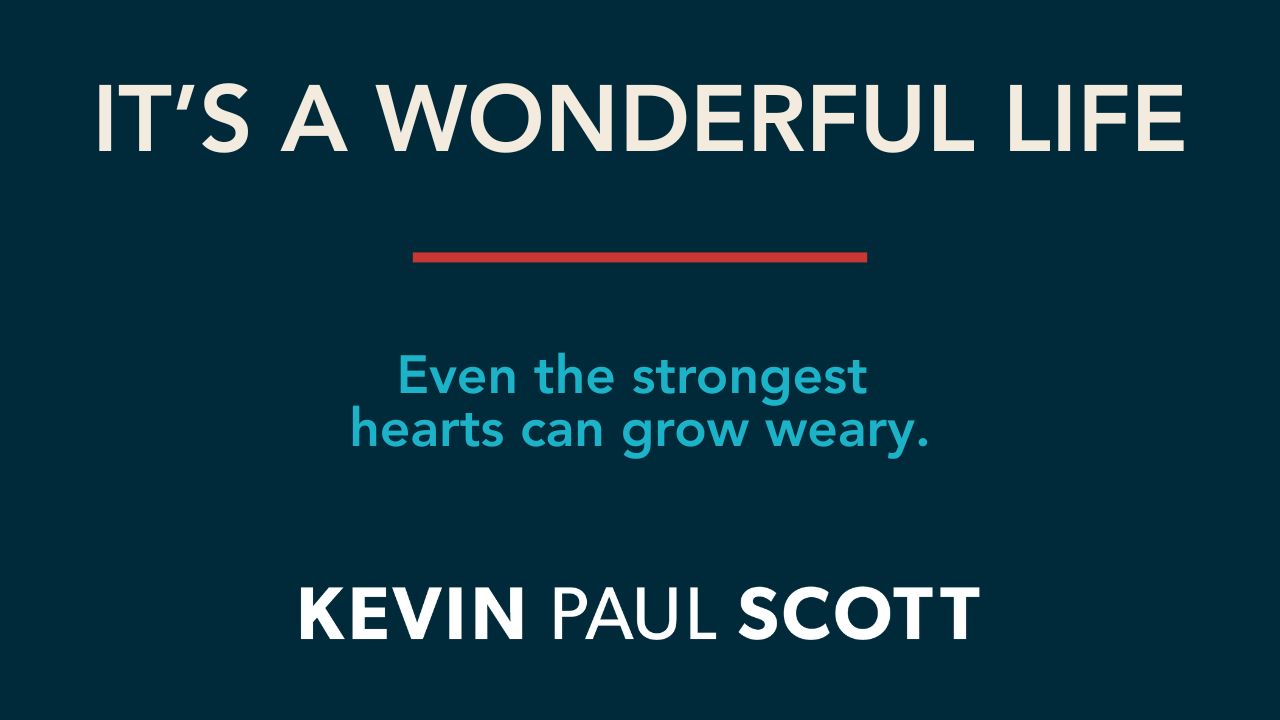In 2008, I joined three other friends in starting a travel organization to take students around the world. It was the middle of the Great Recession...not ideal timing. We needed resources for our first trip, so we held a fundraiser in Atlanta. Each of us had our roles. Mine was perhaps the most daunting – asking for money at the end of the night. We knew ahead of time there was one committed donor for $25,000, so we started there.
Kevin: How many of you here would like to pledge $25,000?
One hand went up. The one we knew about, but no one else.Kevin: Alright, how about $20,000?
Crickets.
Kevin: $15,000? Who here is willing to give $15,000?
You could have heard a pin drop.
Kevin: Alright, $10,000. Surely we’ve got some folks who can come in at the $10,000 mark.
Nobody.
At the end of the night, some people chipped in with a few hundred dollars here and there. The next day the four of us gathered for breakfast to count the money. We came up $70,000 short of what we needed to raise. We were disappointed, defeated, and discouraged. Devastated might be a better descriptor.
Garrett, my business partner and ever the optimist, told our team:
"If entrepreneurship was easy, everyone would do it."
Garrett challenged us to press forward and not give up. We were willing to beg, borrow, or steal to make sure this dream became a reality. (Borrowing is, in fact, what we ended up doing thanks to a gracious friend). The point is, we kept going when most people would have given up. Actually, most people wouldn’t have even tried to start something in the first place.
So today’s message is to anyone, anywhere, who has a burden to start something new– whether it's a business, a church, an innovative idea within your company, or even a local sports team. Here are three steps to follow when stepping out to do something:
1. Believe in What You Do:
Your conviction is your fuel. As management guru Gary Hamel said, "Create a cause, not a business." If you don't genuinely care about your venture, you'll likely throw in the towel at the first sign of difficulty or opposition. Your belief in your mission is what will carry you through the tough times. If you don’t believe in it, you shouldn’t bother starting.
2. Stand Out:
If you are the same as everybody else, it’s unlikely you’ll succeed. As the movie American Beauty puts it, "I don't think there's anything worse than being ordinary." Every new venture should solve a problem or meet a need in a way that's better, more efficient, or more enjoyable than what's currently available. Know what makes you different! Is it your product? Your process? Your perspective?
3. Don't Quit:
Success often comes to those who simply outlast their competition. Ross Perot once said, "Most people give up just when they're about to achieve success. They quit on the one-yard line. They give up at the first minute of the game, one foot from a winning touchdown."
The most successful individuals aren't necessarily the smartest – they're the ones who refuse to give up. WD-40, the ubiquitous lubricant found in countless homes and workshops, took 40 attempts to get the water displacement formula right – hence the name “Water Displacement, 40th formula”. Good thing they didn’t give up on try 39. James Dyson, the inventor of the bagless vacuum cleaner, went through 5,126 failed prototypes over 15 years before finally creating a working model. What a missed opportunity of innovation had he given up on all the failed designs.
If we had given up the night of our fundraiser, we would have missed the opportunity to impact countless college students over the following years.
Starting something new requires boldness, bravery, and yes, sometimes even a touch of brashness.
But if you believe in your cause, offer something truly unique, and persist in the face of adversity, you might just change the world – or at least your corner of it.
Remember, the most extraordinary journeys often begin with a single, audacious step. Are you bold enough to take it?

























.svg)






